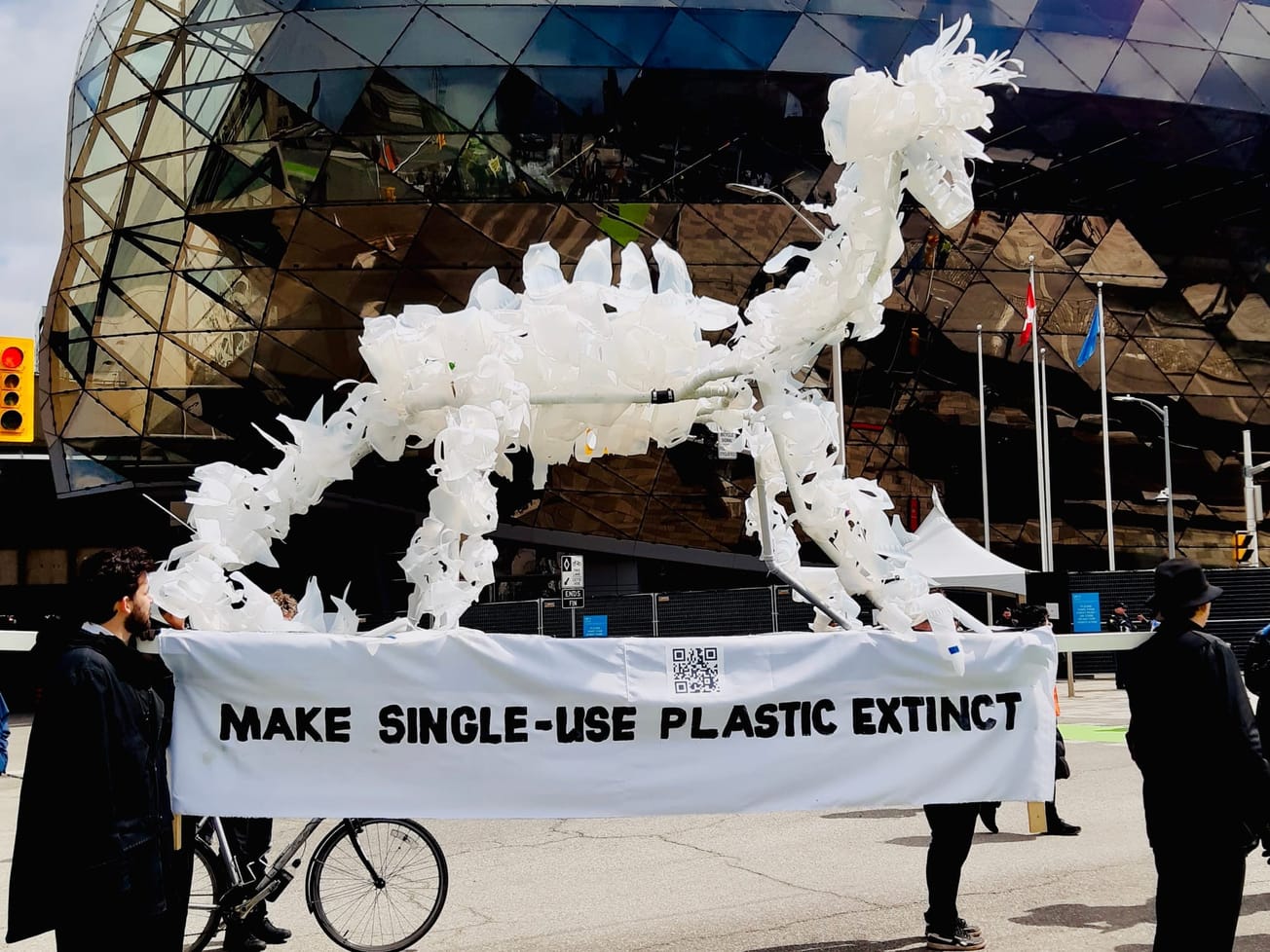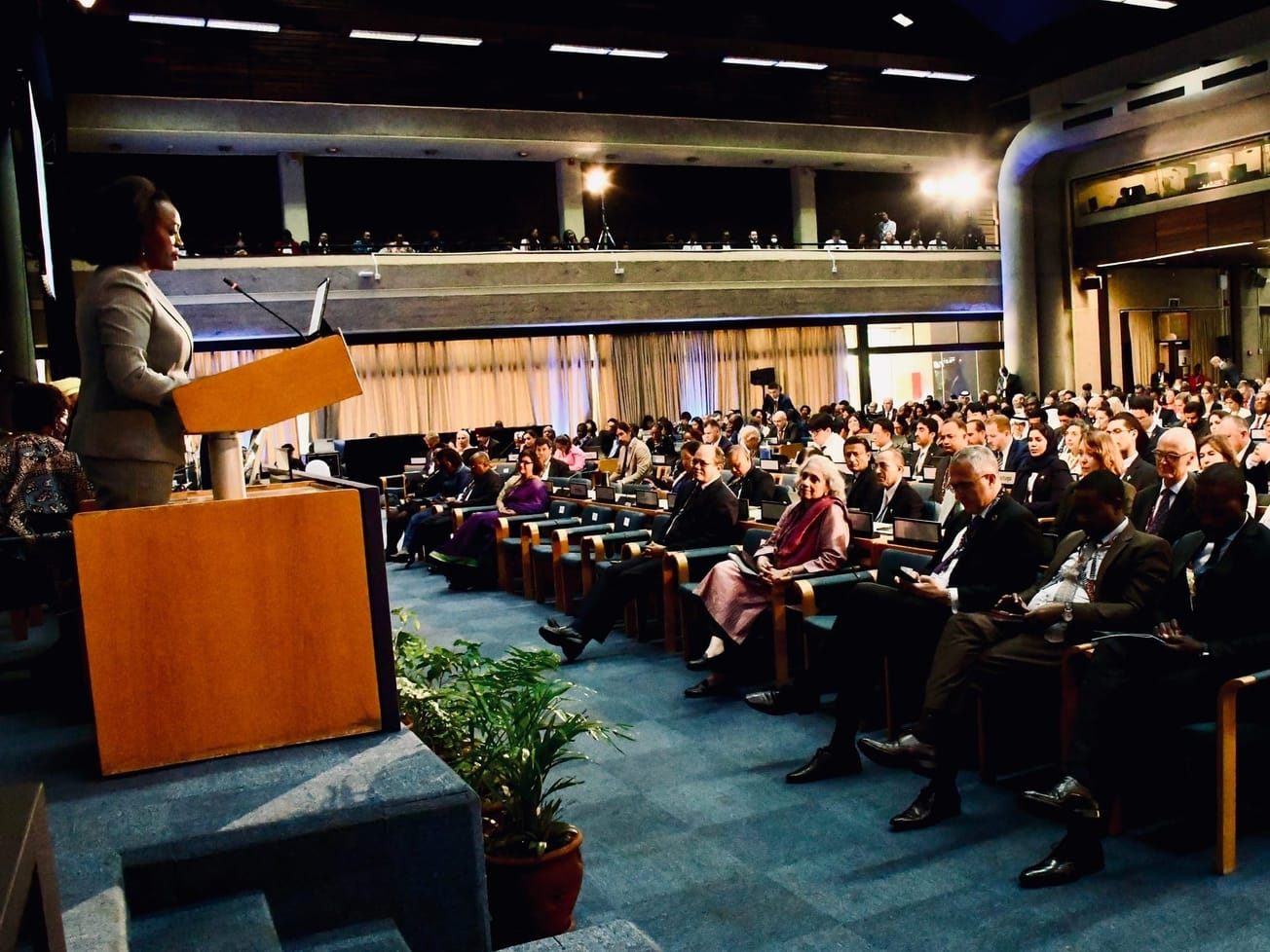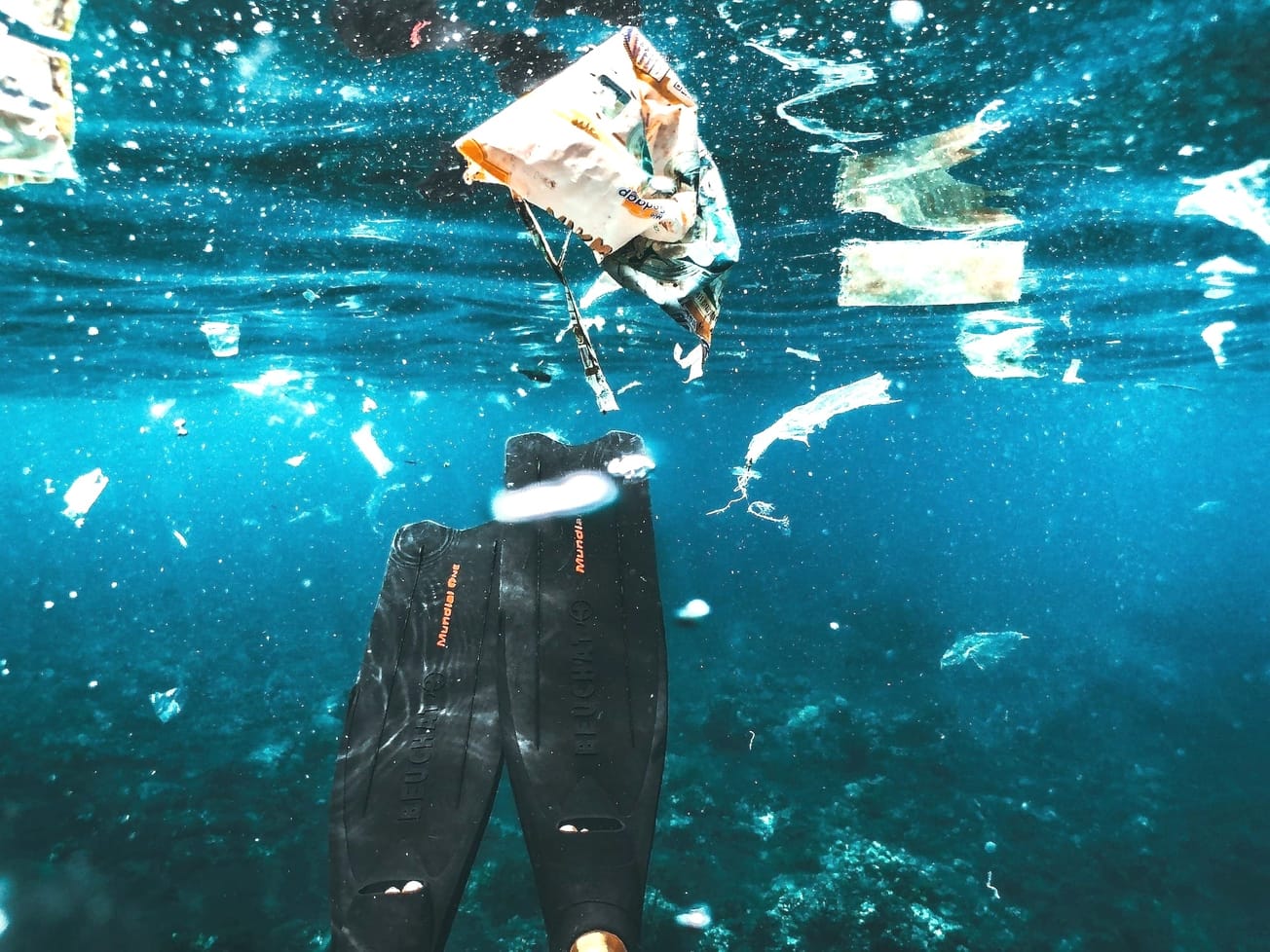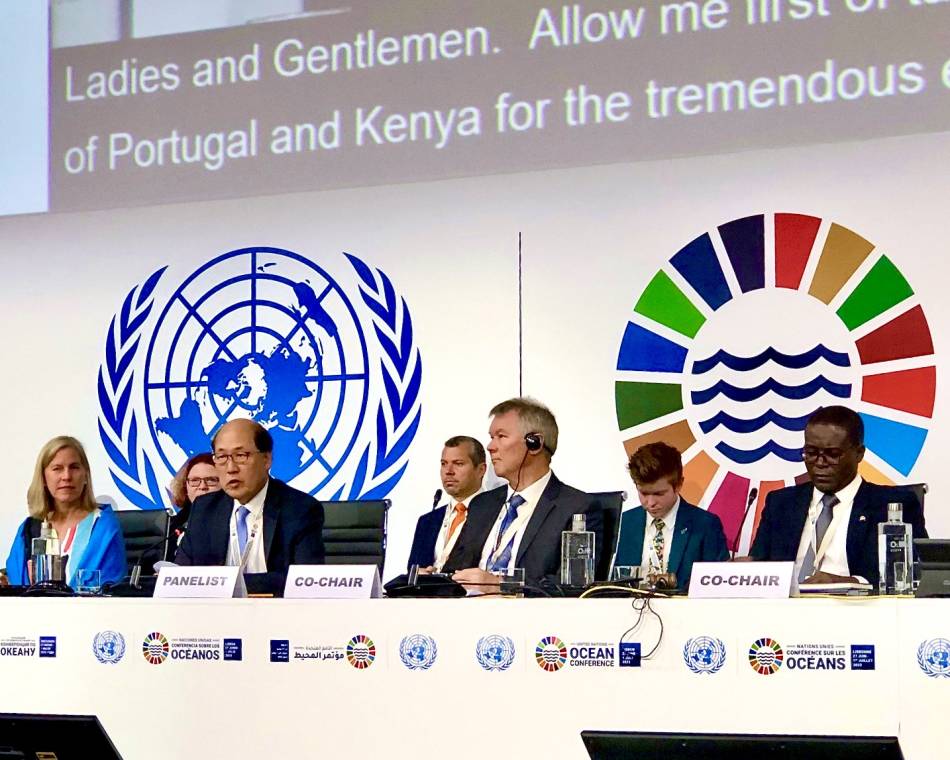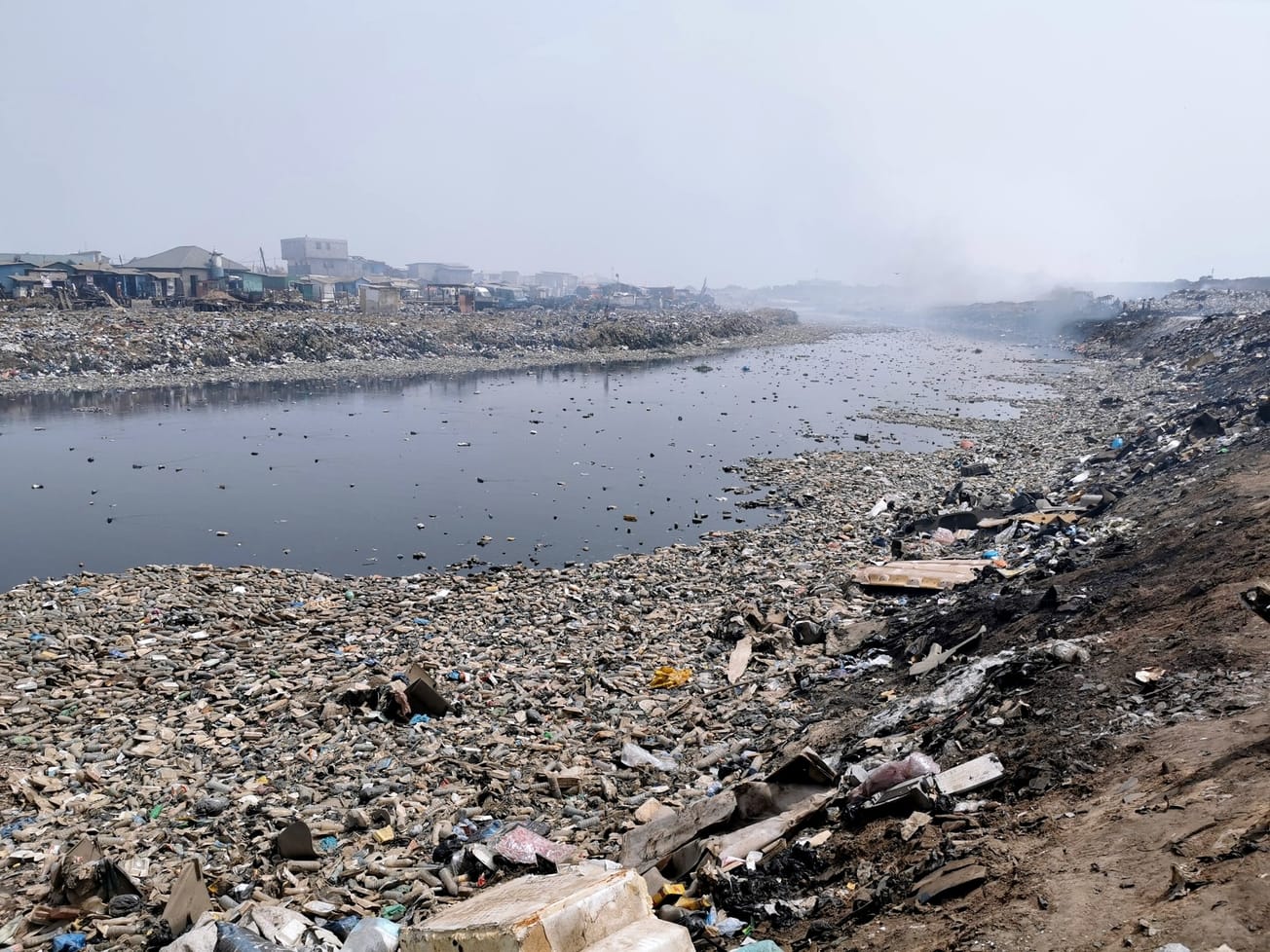
Nations head into final round of global talks to curb plastic pollution
Negotiators are meeting in Busan, South Korea to conclude the world's first legally binding plastic waste treaty.
Already have an account? Log in
Negotiators are meeting in Busan, South Korea to conclude the world's first legally binding plastic waste treaty.
Some pointed to a recent landmark human rights ruling on climate change as a potential use for a Global Plastics Treaty.
Environmentalists said they were disappointed the treaty talks did not address plastic production measures.
The chair of the talks called for optimism despite divisions among plastic-producing nations and those urging restraints.
Armed conflicts and planetary crises were top concerns of the U.N. Environment Assembly, which adopted 15 resolutions.
A handful of fossil fuel producers show no interest in a strong, restrictive and legally binding instrument for plastic pollution.
This is the third round of talks to develop an international legally binding deal that includes plastic waste in the ocean.
The summit ended with support for creating a "zero draft" treaty ahead of the next negotiations at Nairobi in November.
About 69% of all the plastics produced, mainly through fossil fuel burning, are used just once or twice before they are thrown away. About 22% is mismanaged. Just 9% is recycled.
The estimated annual social and environmental costs of plastic pollution range from $300 billion to $1.5 trillion.
More than 150 nations committed to put science at the heart of renewed efforts to tackle the multiple human-caused crises threatening the ocean.
Delegates from 175 nations to the U.N. Environment Assembly voted unanimously to devise a treaty that tries to cleanse the world of plastic pollution.
In a new major report, the U.N. Environment Program recommended a "scientific blueprint" for governments to tackle three environmental crises at once.
The summit is held once every three years to examine protections for wild animals and plants traded internationally.
The aim is to establish better networks of support worldwide for advocates and raise the pressure for perpetrators of violence and intimidation to be held accountable.
U.N. Environment's global assessments are a touchstone among scientists, policy experts and decision makers.

